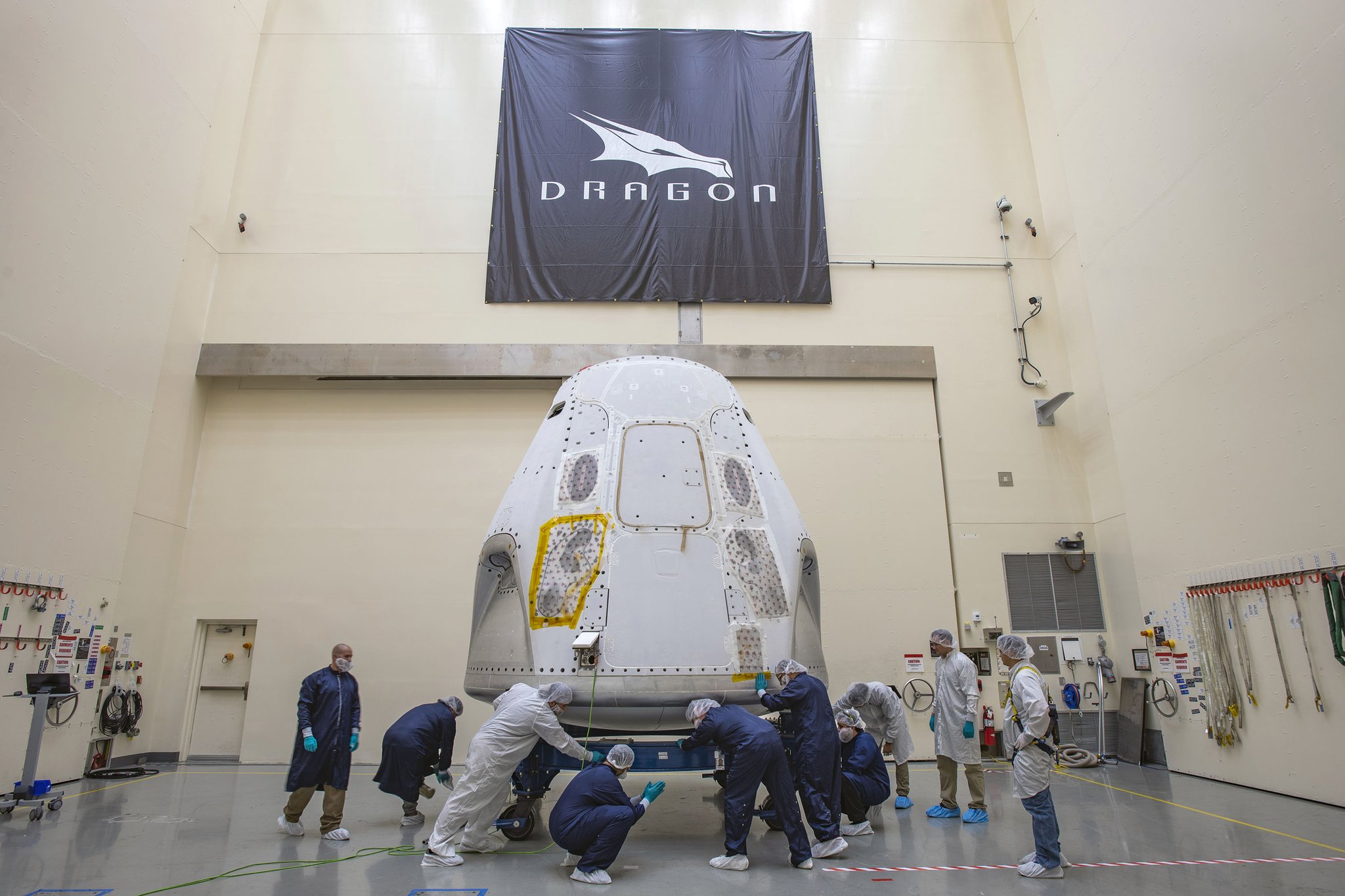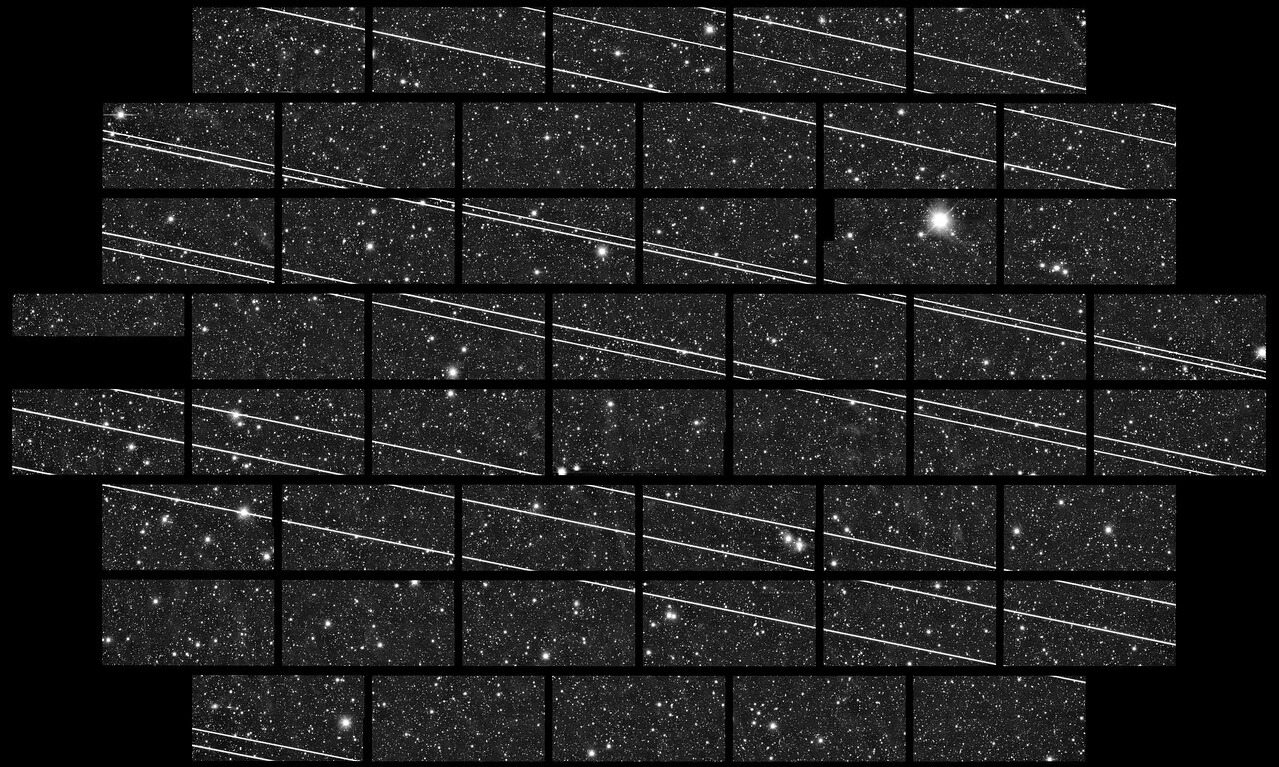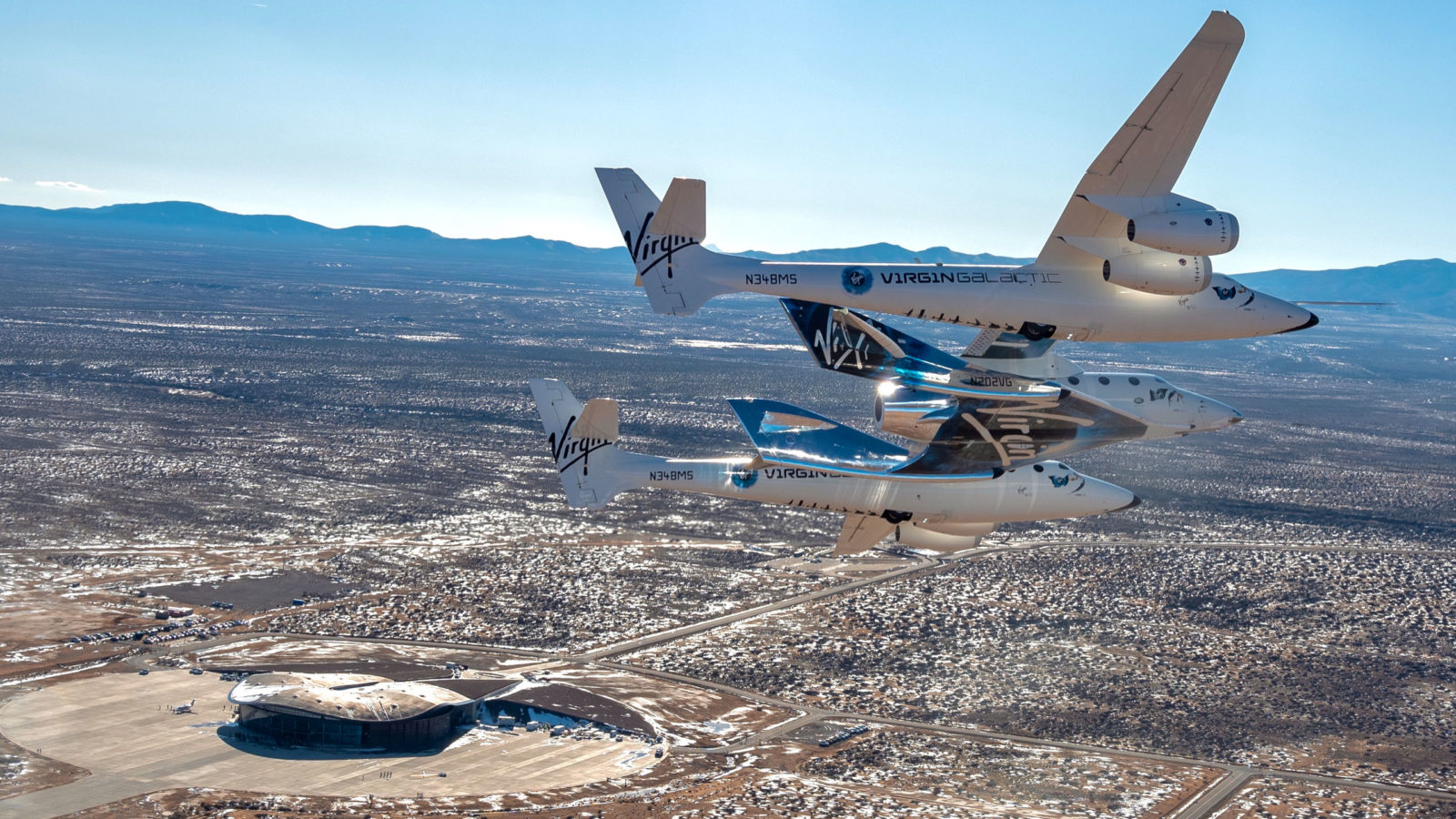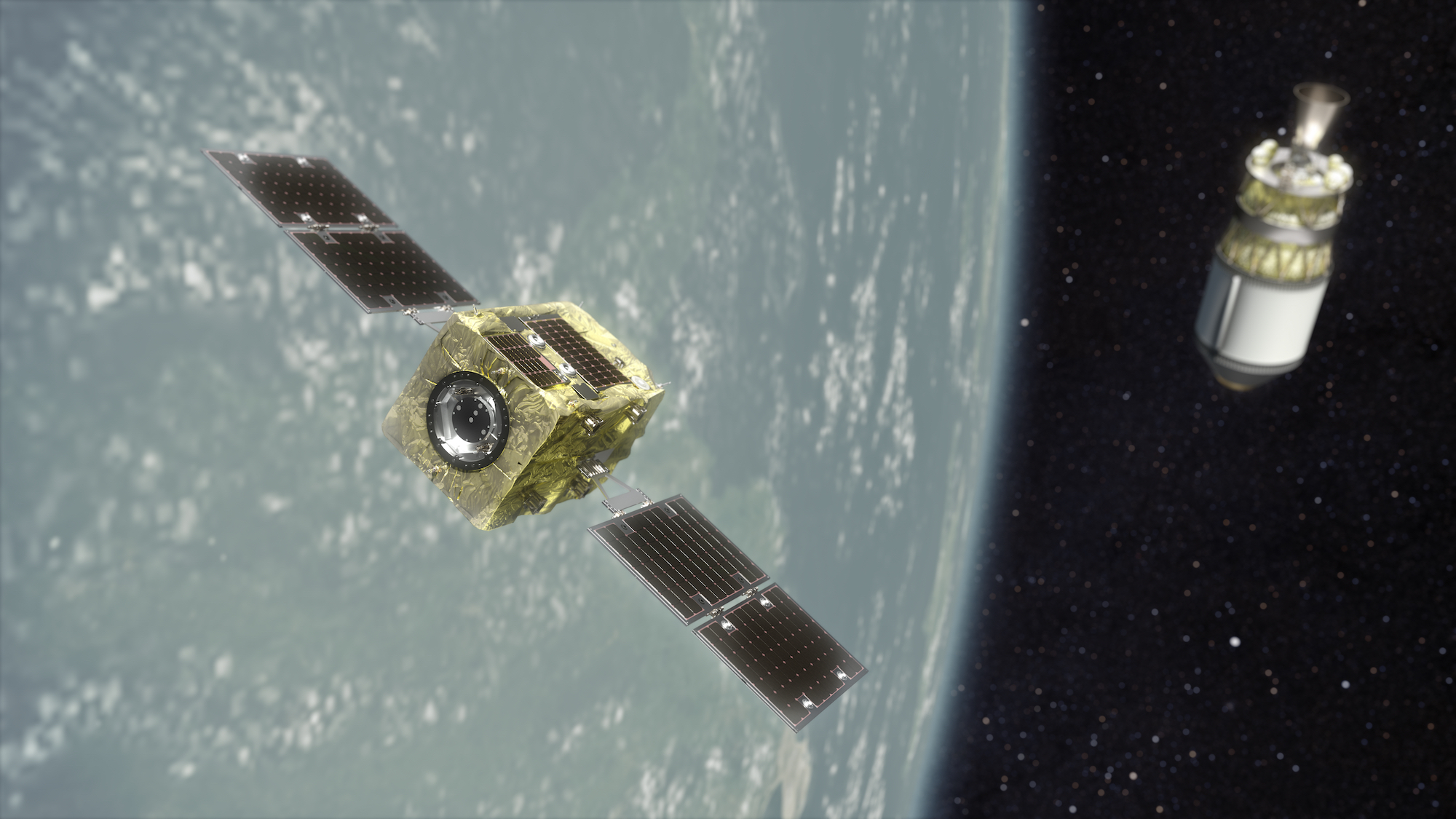Max Q is a new weekly newsletter all about space. Sign up here to receive it weekly on Sundays in your inbox.
This week turned out to be a surprisingly busy one in space news – kicked off by the Trump administration’s FY 2021 budget proposal, which was generous to U.S. space efforts both in science and in defense.
Meanwhile, we saw significant progress in SpaceX’s commercial crew program, and plenty of activity among startups big and small.
SpaceX’s Crew Dragon arrives in Florida
 The spacecraft that SpaceX will use to fly astronauts for the first time is now in Florida, at its launch site for final preparations before it takes off. Currently, this Crew Dragon mission is set to take place sometime in early May, and though that may still shift, it’s looking more and more likely it’ll happen within the next few months.
The spacecraft that SpaceX will use to fly astronauts for the first time is now in Florida, at its launch site for final preparations before it takes off. Currently, this Crew Dragon mission is set to take place sometime in early May, and though that may still shift, it’s looking more and more likely it’ll happen within the next few months.
NASA taps Rocket Lab for Moon satellite launch
Rocket Lab will play a key role in NASA’s Artemis program, which aims to get humans back to the surface of the Moon by 2024. NASA contracted Rocket Lab to launch its CAPSTONE CubeSat to a lunar orbit in 2021, using Rocket Lab’s new Proton combined satellite and long-distance transportation stage.
Astronomers continue to sound the alarm about constellations

Starlink satellites streak through a telescope’s observations.
Astronomers and scientists that rely on observing the stars from Earth are continuing to warn about the impact on stellar observation from constellations that are increasingly dotting the night sky.
Meanwhile, SpaceX just launched another 60 satellites for its Starlink constellation, bringing the total on orbit to 300. SpaceX founder Elon Musk says that the ‘albedo’ or reflectivity of satellites will drop “significantly” going forward, however.
Blue Origin is opening its new rocket factory
Blue Origin is opening its new rocket engine production facility in Huntsville, Alabama on Monday. The new site will be responsible for high-volume production of the Blue Origin BE-4 rocket engine, which will be used on both the company’s own New Glenn orbital rocket, as well as the ULA’s forthcoming Vulcan heavy-lift launch vehicle.
Virgin Galactic’s first commercial spacecraft moves to its spaceport

Virgin Galactic is getting closer to actually flying its first paying space tourists – it just moved its SpaceShipTwo ‘VSS Unity’ vehicle from its Mojave manufacturing site to its spaceport in New Mexico, which is where tourists will board for their short trips to the edge of outer space.
Astranis raises $90 million
Satellite internet startup Astranis has raised a $90 million Series B funding round, which includes a mix of equity ($40 million) and debt facility ($50 million). The company will use the money to get its first commercial satellites on orbit as it aims to build a next-generation geostationary internet satellite business.
Astroscale will work on JAXA on an orbital debris-killing system

Orbital debris is increasingly a topic of discussion at events and across the industry, and Japanese startup Astroscale is one of the first companies dedicated to solving the problem. The startup has been tapped by JAXA for a mission that will seek to de-orbit a spent rocket upper stage, marking one of the first efforts to remove a larger piece of orbital debris.
Register for TC Sessions: Space 2020
Our very own dedicated space event is coming up on June 25 in Los Angeles, and you can get your tickets now. It’s sure to be a packed day of quality programming from the companies mentioned above and more, so go ahead and sign up while Early Bird pricing applies.
Plus, if you have a space startup of your own, you can apply now to participate in our pre-event pitch-off, happening June 24.
Source: Tech Crunch


